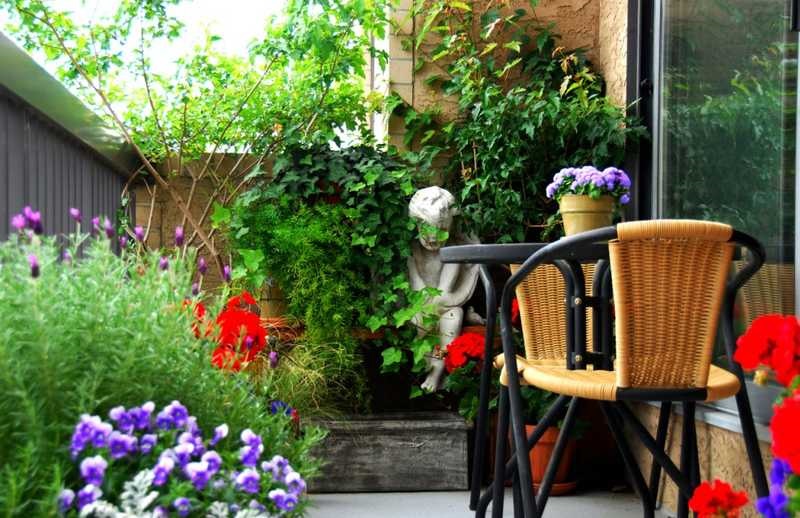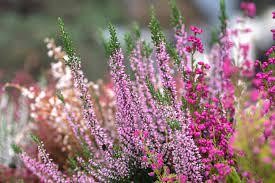
So, you’ve got the itch to grow your veggies but are limited on space. Fear not! Balcony vegetable gardening is not only doable but incredibly rewarding. Let’s embark on this green adventure and discover how to turn your balcony into a bountiful vegetable haven.
1. Choose the Right Vegetables:
Not all veggies are created equal when it comes to balcony gardening. Opt for compact and dwarf varieties that thrive in containers. Tomatoes, peppers, lettuce, and herbs like basil and parsley are excellent choices.
2. Container Wisdom:
Select containers with good drainage to prevent waterlogging. Consider vertical gardening with hanging baskets or wall-mounted containers to maximize space. Ensure your chosen containers are sturdy enough to handle the weight of growing veggies.
3. Sunlight Snippets:
Most veggies love sunlight, so pick a spot on your balcony that receives at least 6 hours of direct sunlight. If your space is shaded, focus on leafy greens that tolerate partial shade.
4. Soil Savvy:
Invest in a nutrient-rich potting mix for optimal vegetable growth. Container plants rely on the soil provided, so ensure it’s well-draining and supplemented with compost for that extra nutrient boost.
5. Water Wisdom:
Balcony veggies can be thirsty, especially during the growing season. Water consistently, ensuring the soil remains consistently moist. Be cautious not to overwater; soggy soil can lead to root rot.
6. Companion Planting Magic:
Experiment with companion planting to maximize space and enhance growth. For example, planting basil near tomatoes can improve tomato flavor and discourage pests.
FAQs
Can I grow root vegetables on my balcony?
While traditional root crops like carrots may be challenging, you can grow radishes, beets, and small varieties of carrots in deep containers.
Do I need to use chemical fertilizers?
No, organic fertilizers work well for balcony vegetable gardens. Consider using compost, worm castings, or organic liquid fertilizers to keep your veggies thriving.
Can I start from seeds or should I use seedlings?
Both options work. Starting from seeds gives you a sense of accomplishment, while seedlings provide a head start. Choose what suits your preference and gardening experience.
How do I deal with pests on my balcony vegetables?
Introduce companion plants like marigolds to deter pests naturally. If needed, use organic insecticidal soaps or neem oil to keep pests at bay without harming your veggies.
Can I grow vegetables year-round on my balcony?
It depends on your climate. In milder climates, you can grow certain veggies year-round. In colder climates, consider cold-tolerant varieties and protect them during frost.
Conclusion:
Starting a balcony vegetable garden is like having a tiny farm right outside your door. By choosing the right veggies, providing them with the right conditions, and adding a dash of your love, you can enjoy a fresh harvest and the satisfaction of growing your own food.






